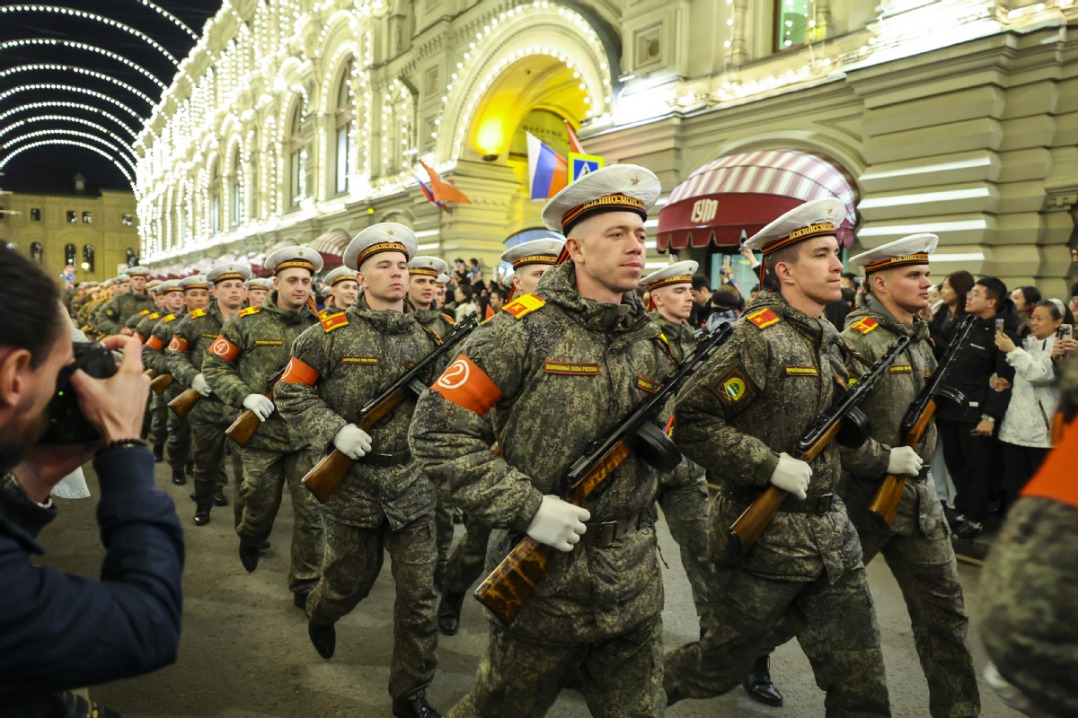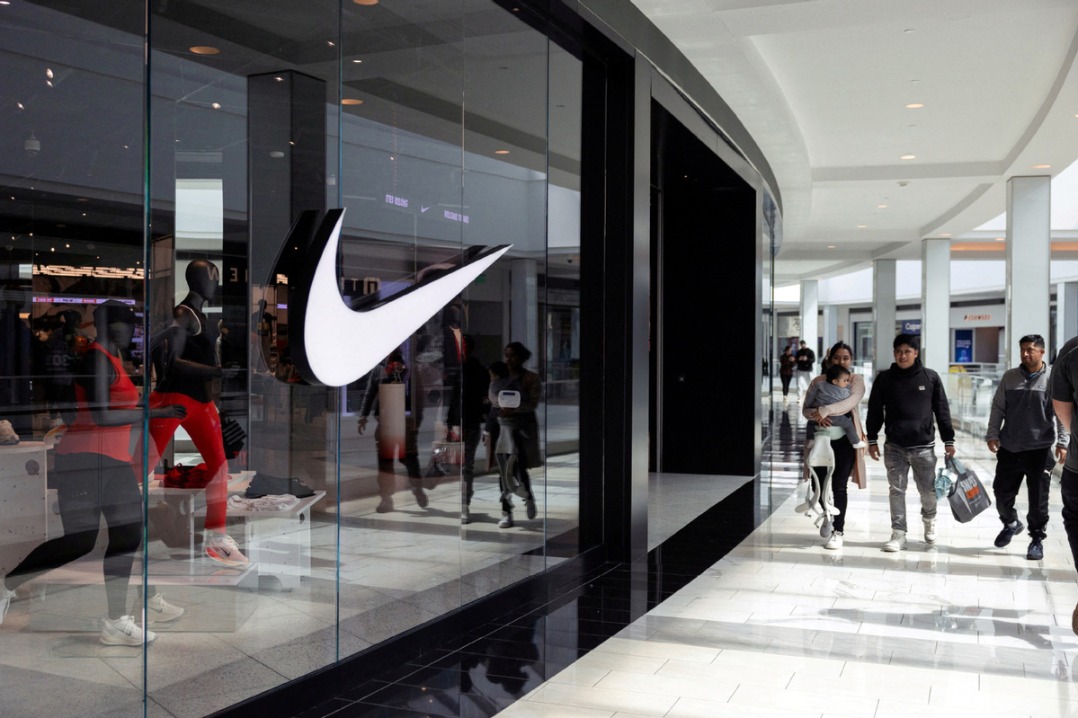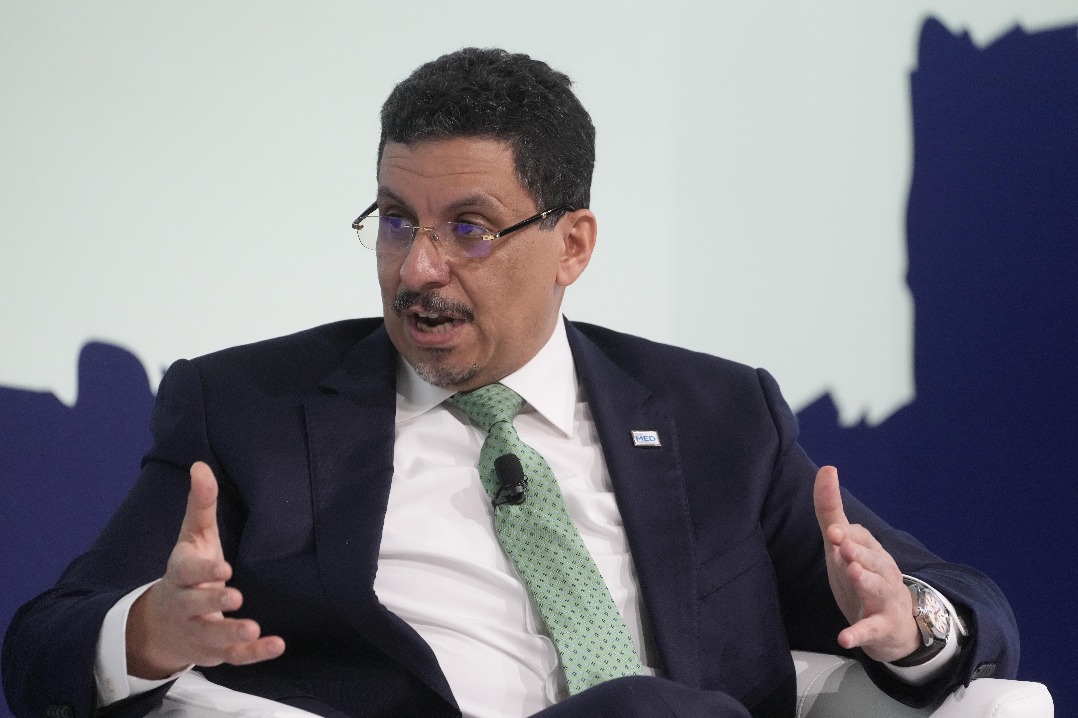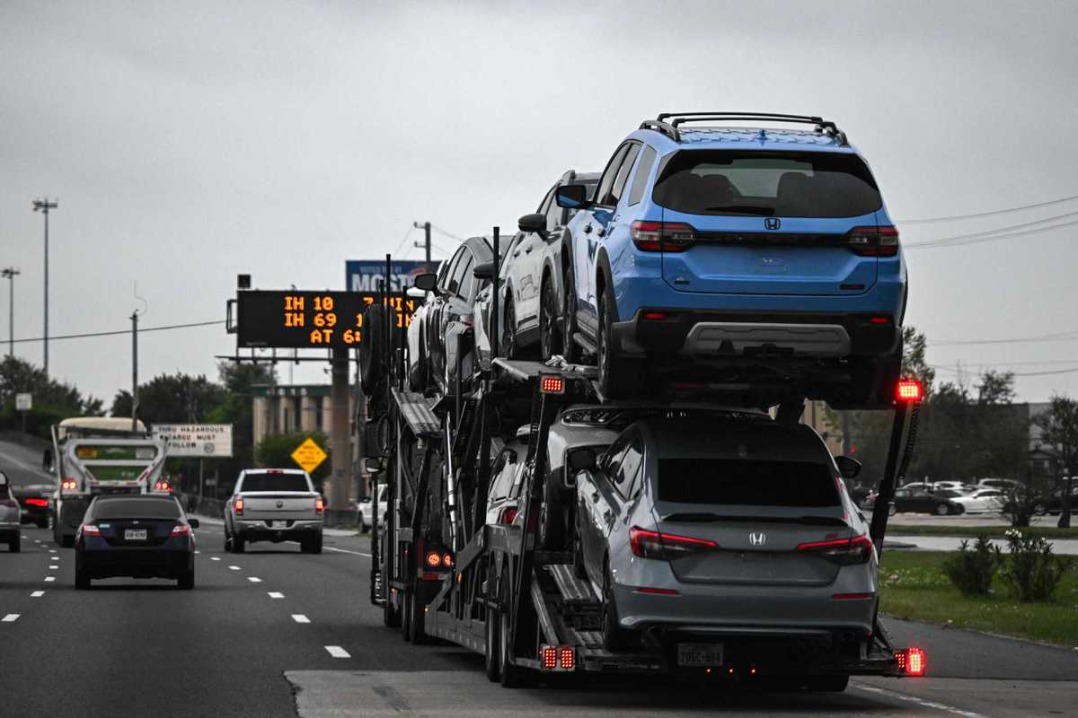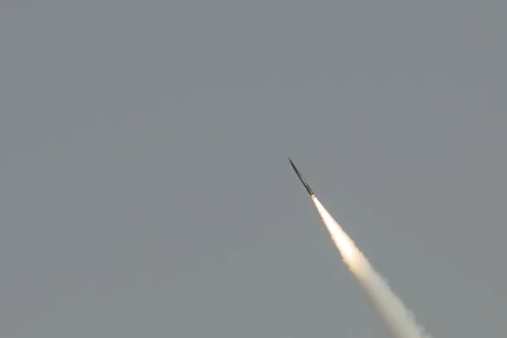Singapore's ruling party clinches landslide victory

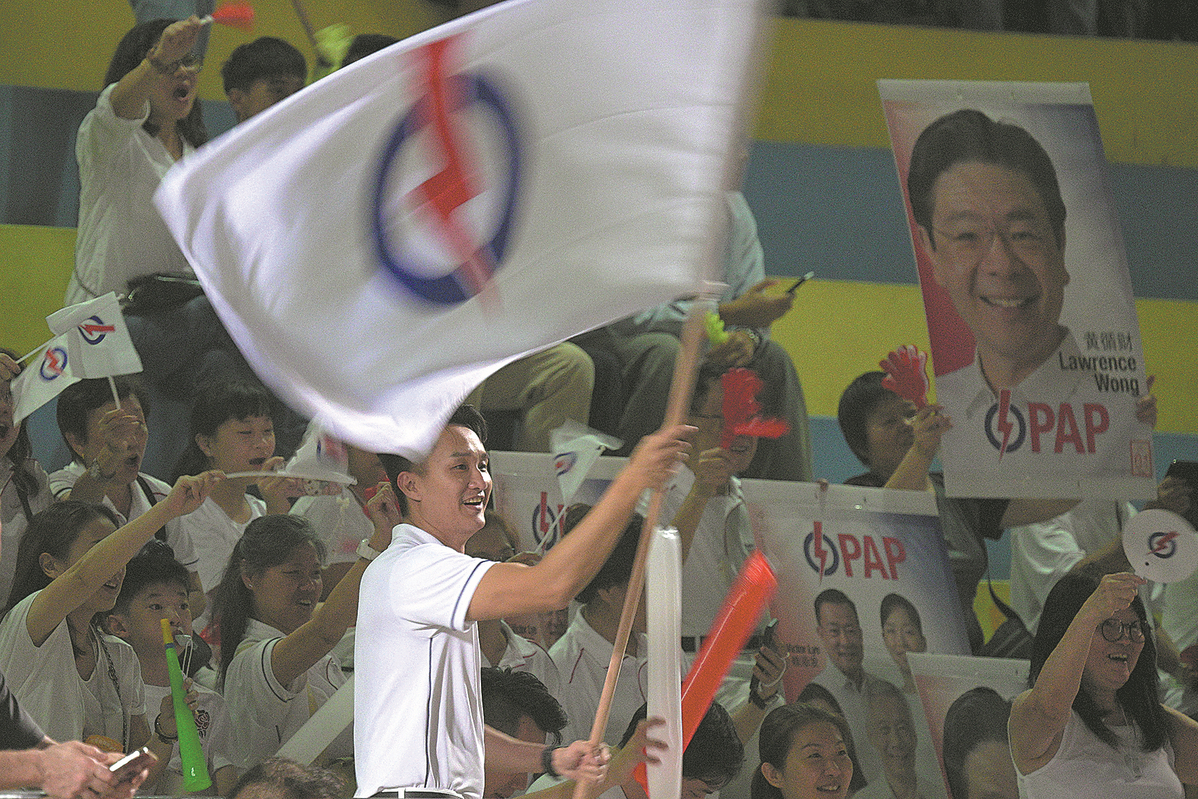
The decisive victory of Singapore's ruling People's Action Party in Saturday's elections gave Prime Minister Lawrence Wong a strong mandate in his first electoral test, extending the party's 66-year rule in the city-state.
The PAP secured 65.57 percent of share of the popular votes and won 87 of 97 parliamentary seats. Analysts said the landslide victory ensures that it has "outright political legitimacy" at a time when Singapore's trade-dependent economy is being challenged by geopolitical tensions.
Wong thanked the voters for a "clear signal of trust, stability and confidence".
"Singaporeans too can draw strength from this and look ahead to our future with confidence. The results will put Singapore in a better position to face this turbulent world," Wong said on Sunday.
Tan Ern Ser, an adjunct principal research fellow at the Institute of Policy Studies in Singapore, said the PAP "has a strong mandate and competence to help Singapore steer through the treacherous waters ahead".
David Black, founder and CEO of polling firm Blackbox Research in Singapore, said Wong has delivered a "decisive victory" for the PAP, giving the party an "outright political legitimacy in their own right".
According to a preelection survey conducted by Blackbox Research, the rising cost of living and soaring home prices were top concerns for voters.
Champa Ha, a 34-year-old researcher, said her salary can barely catch up with the rising cost of living. "I'm worried that someday I might be priced out of a life in Singapore."
A 30-year-old marketing executive expressed satisfaction with the PAP's performance in the past five years but voiced frustration over the government's decision to raise the goods and services tax. She said she hopes more can be done to help Singaporeans cope with rising living expenses.
James Chin, a professor of Asian studies at the University of Tasmania in Australia, said Singaporeans are largely worried about living costs and the threat to their rice bowl.
"With Singaporeans thinking that the state of the economy is in trouble because of what (United States President Donald) Trump is doing in the international arena, they believe it's better to go to the PAP," Chin said.
The main opposition Workers' Party held on to the 10 seats it won in 2020. However, the WP polled consistently above 40 percent in the wards they lost, and introduced new candidates with strong credentials.
Voters did not reject the WP outright, said Eugene Tan, an associate professor of law at Singapore Management University. "They signaled that they recognized the WP's role, but (they) want it to measure up first."
Prime Sarmiento in Hong Kong contributed to this story.
The writer is a freelance journalist for China Daily.

















